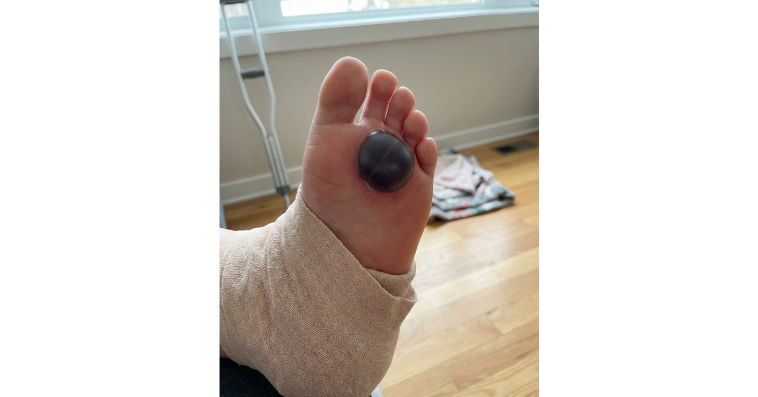When my father-in-law erupted over a spilled mop bucket and declared, “Did you forget whose house you’re living in?” I stood frozen, stunned by his words. For a year, I had cooked meals, scrubbed floors, and maintained harmony, all while Nathan assured me we’d relocate “soon.” Residing in his parents’ home felt less like a short-term stay and more like being an unappreciated guest, perpetually scrutinized for how I arranged the dishwasher or folded linens.
Nathan’s mother remained courteous yet aloof, while his father critiqued my every action. I held my tongue, believing kindness would eventually foster respect. But one morning, after polishing the kitchen floor, his muddy boots knocked over my mop bucket. When I calmly requested more care, he reprimanded me in front of Nathan, who remained silent. That moment shifted my perspective entirely.
I found my voice. I reminded him of all the effort I’d poured into their home and made it clear I would no longer tolerate being treated like hired help. That evening, I issued Nathan an ultimatum: one week to secure our own place, or I’d leave on my own. The following day, he recalled his uncle’s vacant cottage. Within days, we packed our belongings and moved out.
Years later, we purchased our own home—vibrant walls, dishes left in the sink, laughter filling our evenings. His parents seldom visit, and his father still hasn’t spoken to me. But I don’t seek his validation. I’ve created a serene home with a husband who now stands by my side and a future where my child will never witness their mother disrespected in someone else’s house.






